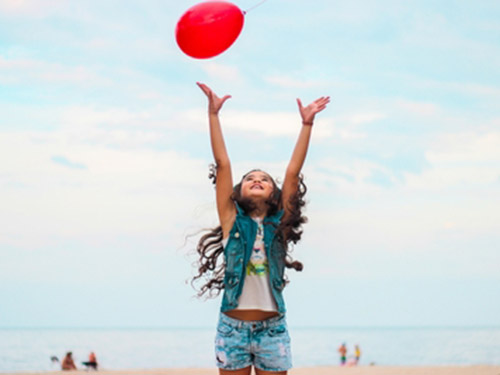
Dr. Maria Montessori said, “Mind and movements are part of the same entity”. Dr. Montessori understood that wisdom, education, and movement were interconnected. Because of this, she set out to create a curriculum that addressed children as whole beings instead of numbers. The Montessori method means taking a holistic approach to education or educating the whole child.
Educating the whole child means thinking about each student as a human being with complexities and depth, moving away from the limiting scope of traditional education, which has a narrow focus on core subject areas. The whole-child approach to teaching backs and encourages all areas of children’s development and learning, from social-emotional and cognitive skills to math, science, and literacy. The philosophy of educating the whole child begins in kindergarten, and it promotes children’s education by being responsive to children’s experiences, interests, skills, and abilities, allowing them to explore their curious nature and their drive to uncover and understand more.
So, what does educating the whole child look like in Montessori programs?
Seeing Students as Whole and Interconnected
One way the Montessori method approaches educating the whole child is by focusing on the individuality of each student. Because the student is interconnected at all times to their family, school, community, culture, and environment, learning about their culture, the culture of others, history, and geography provide students with a sense of belonging as well as respect for others.
Children in Montessori programs are encouraged to actively engage with their world, community, environment, and the natural life that surrounds them. This engagement can lead to a new appreciation and respect for their surroundings.
Employing Students’ Senses
Another method of educating the whole child is by making sure students can hone their sensory skills. Dr. Montessori believed that by isolating the senses, we help children to refine their senses and prepare them for their future endeavors. Activities and lessons in Montessori programs emphasize learning by doing, providing hands-on projects and creating opportunities to use sight, touch, hearing, and so on.
Life-Long Learning
Educating the whole child does not stop when the student leaves class at the end of the school day. Dr. Montessori knew that children are constantly learning and evolving all the time. A strong educational method should aim to understand this and match the pace of students’ curiosity. Encouraging the continuation of the Montessori method and exploration of interests at home is one way of promoting life-long learning in students.
All learning experiences have equal value, from a young age to adulthood. When children are empowered in their learning and able to foster a strong relationship with their education, a love of learning is born. Montessori programs help to educate the whole child by promoting the ongoing, voluntary, and self-motivated pursuit of knowledge in their students. This self-motivated learning not only helps children to develop a strong sense of self and confidence, but also enhances their social skills, and promotes active citizenship, and personal development.
The Montessori Charter School of Flagstaff was the first school in Arizona to have its application for a charter approved by the Arizona State Board for Charter Schools. We offer an academic program that identifies and encourages each child’s individual social and emotional development. Reach out today to begin your journey with The Montessori Charter School of Flagstaff.
